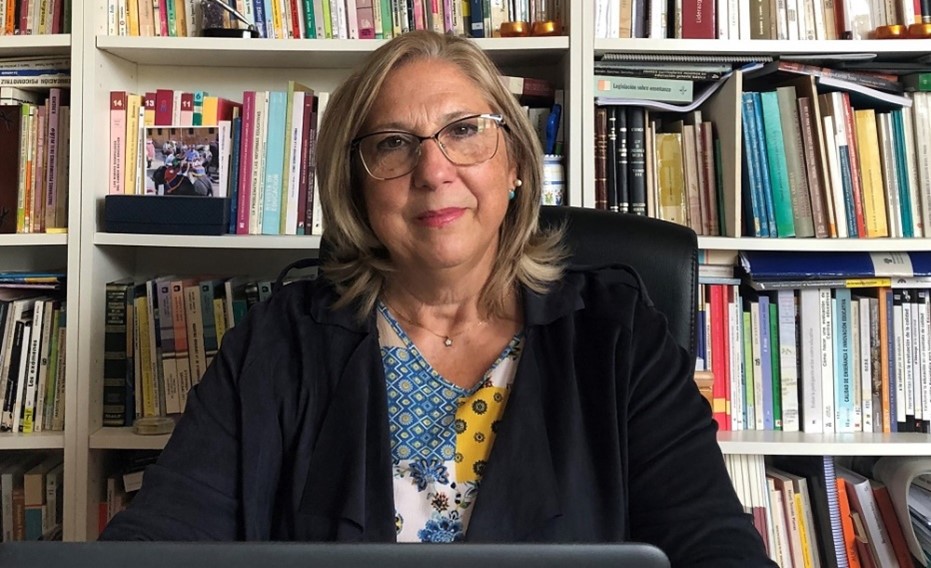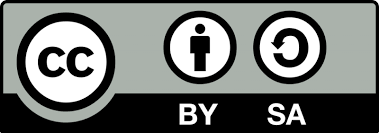Interview with Mrs. Carmen Romero Ureña, inspector of education in the province of Valladolid
DOI:
https://doi.org/10.23824/ase.v0i35.726Downloads
Abstract
Carmen Romero Ureña is an education inspector in the province of Valladolid. She began her professional career as a teacher of the specialty of Spanish and French, quickly moving on to the specialties of her vocation: Hearing and Language and Therapeutic Pedagogy. She was involved in the Integration Program from the beginning as an experimental project. She intervened in the opening of different support classrooms in the rural area. She has been a training advisor at a Teacher Training Center (CEP) and a technical teacher advisor (ATD) at the Provincial Directorate of Education of Valladolid. She has been an inspector since 2002. In 2003 she joined the Secondary School Teachers Corps (PES) in the specialty of Guidance. In 2014 she obtained her Ph.D. in Education. She currently combines her performance as an inspector with that of associate professor of the Department of Pedagogy at the University of Valladolid.
Her interest in her education led her to become Deputy Director of the now-defunct OGE (Educational Organization and Management) magazine. Today she is deputy director of the magazine DyLE (Educational Direction and Leadership), continuation of the previous header; both journals, owned by the European Forum of Education Administrators [1] (FEAE, colloquially known in Spain as the Forum) of which, in addition, she is the President in Castilla y León since 2018. She is also a member of the Editorial Board of the journal "Aula" of the University of Salamanca.
Advances in Educational Supervision (Advances from now on) would like to thank Ms. Carmen Romero Ureña for agreeing to dedicate her valuable time to answering the questions that we have prepared.
[1] http://feae.eu/

How to Cite
Issue
Section
Published
License

Attribution Share-Alike CC BY-SA
Those authors who have publications with this magazine, accept the following terms:
A) The authors will retain their copyrights, which will be simultaneously subject to the Creative Commons Attribution License that allows others to re-mix, modify and develop on your work even for commercial purposes, provided they credit you And to license their new works under the same terms.
B) The authors will retain the rights of exploitation of the intellectual property of this work, and especially the rights of reproduction, distribution, transformation in any of its modalities and public communication of said work, which will be simultaneously subject to the License Of recognition of Creative Commons that allows others to re-mix, modify and develop on your work even for commercial purposes, provided they credit you and license your new works under the same terms.
Creative Commons Attribution-ShareAlike 4.0 International Public License

